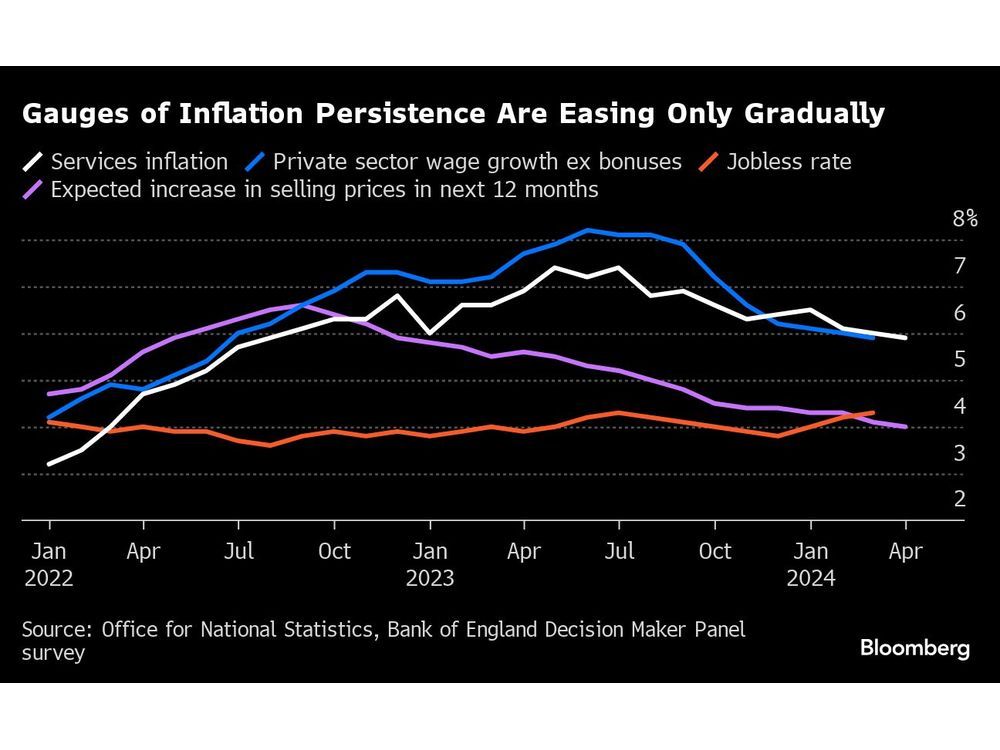Follow us on LinkedIn
When you are applying for a personal loan, the lender will look at your debt-to-income ratio to determine if you are eligible for the loan and how much you can borrow. This number is important because it shows how much debt you have compared to your income. In this blog post, we will explain what this ratio is and how to calculate it. We will also discuss what kinds of things lenders look at when they are considering a personal loan application.
What Is a Debt-to-Income Ratio?
Your debt-to-income ratio, or DTI, is a calculation used by lenders to determine how much of your income is being used to pay off debt. The higher your DTI, the less able you may be to take on new loans or lines of credit.
When it comes to personal loans, your DTI for that particular loan is determined by dividing the monthly payment on the loan by your gross monthly income. For example, if your monthly personal loan payment is $200 and your gross monthly income is $3,000, your DTI for that loan would be 6.67%.
How does the DTI ratio work for personal loans?
Lenders often have specific DTI limits for personal loans, and a high DTI may affect your ability to qualify for the loan or the terms and interest rates you receive. It is important to consider your overall DTI, as well as the impact of taking on a new personal loan, before applying for one.
Taking steps to lower your DTI, such as paying off existing debt or increasing your income, can improve your chances of being approved for a personal loan and getting more favorable terms. It can also have long-term benefits for your financial health.
In addition to your DTI, lenders also consider other factors when evaluating personal loan applications, including your credit score, employment history, and income stability. It is important to carefully review all terms and conditions before committing to a personal loan, as it may affect your overall financial situation.
How to improve your DTI ratio?
There are several ways to improve your DTI ratio and increase your chances of being approved for a personal loan. These include:
– Paying off existing debt
– Increasing your income through a raise or a second job
– Lowering your expenses to free up more money for debt payments
– Consolidating debt to lower monthly payments
It is important to always make your loan and debt payments on time, as late or missed payments can negatively impact your credit and DTI. Work towards creating a realistic budget to effectively manage your debt and improve your financial health in the long term.
Remember, your DTI is an important factor in obtaining a personal loan and being financially responsible. Take steps to improve it and carefully consider all terms before committing to a loan. This can lead to a healthier financial future for you and your family.
FAQs
How to get a loan with a high debt-to-income ratio?
There are a few options for obtaining a loan with a high DTI. One option is to increase your income through a raise or a second job. Another option is to pay off existing debt to lower your DTI. It may also be helpful to consolidate your debt into one loan with a lower monthly payment. However, it is important to carefully consider the terms and conditions of any loan before committing to it. It may also be beneficial to work with a financial advisor or credit counselor to improve your financial situation and lower your DTI.
Can a high debt-to-income ratio affect getting a mortgage?
Yes, a high DTI can affect your ability to qualify for a mortgage or the terms and interest rates you receive. Lenders often have specific DTI limits for mortgage loans and a high DTI may signal to them that you may not be able to handle taking on more debt. It is important to work towards improving your DTI before applying for a mortgage, such as paying off existing debt or increasing your income. This can also have long-term benefits for your financial health.
What is a good debt-to-income ratio?
There is not a specific “good” DTI, as it can vary depending on individual circumstances and what lenders consider acceptable. However, generally speaking, a lower DTI may signal to lenders that you are able to manage your debt and may be a better candidate for loans. It can also have long-term benefits for your financial health. It is important to assess your individual situation and work towards improving your DTI before applying for loans. This may involve paying off existing debt, increasing your income, or creating a realistic budget to better manage your expenses.
What is the maximum recommended amount for a debt-to-income ratio?
There is not a specific maximum recommended amount for a DTI, as it can vary depending on individual circumstances and what lenders consider acceptable. However, a DTI of less than 40% may signal to lenders that you are able to manage your debt and may be a better candidate for loans. It is important to assess your individual situation and work towards improving your DTI before applying for loans. This may involve paying off existing debt, increasing your income, or creating a realistic budget to better manage your expenses. It is also important to carefully consider the terms and conditions of any loan before committing to it.
The bottom line
When it comes to personal loans, your debt-to-income ratio can be an important factor in the loan approval process. It is important to understand what your DTI is and how to improve it. Remember to always make timely payments on existing debts and create a realistic budget to manage your expenses. This can have long-term benefits for your financial health and improve your chances of obtaining a personal loan in the future. And always carefully consider the terms and conditions before committing to a loan.
Further questions
What's your question? Ask it in the discussion forum
Have an answer to the questions below? Post it here or in the forum





Prime Minister Keir Starmer’s promise to “get Britain building again” will quickly face a shortage of skilled workers in the very industries he’s hoping will power the turnaround.